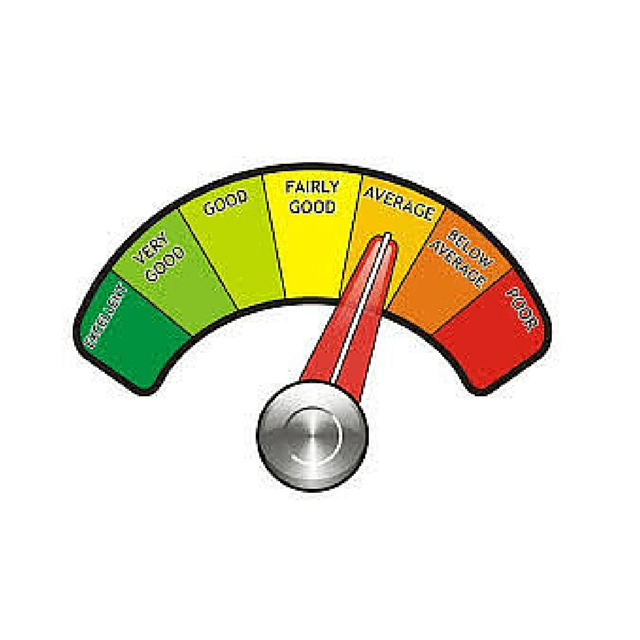Understanding how credit ratings are calculated is the key to ensuring you are doing everything possible to build up the best score possible.
This means being able to decipher fact from fiction and knowing the truth about credit scores. Here is a look at some of the most popular credit score myths and the real story behind them.
(There are also toxic beliefs about debt circulating around.)
It will be easy to get credit if you haven’t got any debt
The opposite is actually true.
When lenders are making a decision about an application for credit, they want to know about your credit history. They would like to see that you have built up a profile showing you manage credit well. That is is impossible to check if you have never had credit before.
Without a credit history, you may need to have a co-signatory to your account as a named authorised user. If you have no credit history and no co-signer available, a secured credit card could be an option. You will need to provide cash as collateral, but providing you make the required repayments on time will help build up a history.
A bad credit score can never be repaired
Your credit score can take a long time to be rebuilt, but it can be done.
Missed or late payments can stay on file for six to seven years. It is a case of investing time, money and effort in replacing a bad credit history with a good one. The more positive information contained on your credit report in the recent past, the less important mistakes from years before will become.
Checking your credit report can hurt your score
Applying for credit and being turned down can damage your credit rating.
Checking your credit score will not. Looking at your credit report will be classed as a ‘soft inquiry’ and only show on your personal credit report. Unlike a credit check by a lender, which would be a ‘hard inquiry’.
In fact, you should make an effort to check your credit report at least once a year. This will help you to highlight where improvements can be made and allow you to see if there are any mistakes or if fraudulent activity has taken place.
Lenders all use the same credit rating to make decisions
There is no one ‘credit score’. Different lenders use various credit scoring models. There is a generic credit score called VantageScore, which has been developed by the three credit reporting agencies in the UK – TransUnion, Equifax and Experian. Custom scores are also widely used to predict the risk of specific lending types or individual businesses.
Paying off a credit card will make it disappear from your credit report
Paying off a credit balance will give it a ‘paid’ mark on your credit report, but missed or late payments will remain on there for as long as seven years. Certain kinds of bankruptcies will also stay on record for up to a decade. It is also important to remember that lenders can consider all of the credit available to you when they make decisions and not just the amount you have used. This is why unused credit cards should be closed if you want the amounts you have paid off to be as valuable to your credit rating as possible.
Paying cash for everything will help your credit rating
Avoiding all credit is not a good idea if you plan to apply for credit in the future, as it means that you will not have a credit history for lenders to consider.
You can depend on your partner’s credit rating to overshadow your own
There is no such thing as a couple’s credit score, but if you have a poor credit rating it could have an impact if you apply for credit with a partner, even if they have an excellent rating of their own. You could both be faced with having to pay higher rates or, in the worst case, being refused completely.
Credit score myths recap
Credit score myths, like any mythology, obscure problems.
Eliminate them for a better shot at solving your money problems.
